Format Werk: Exercise Books from Austria for Europe
Press release from the issuing company
Shortly before 9am a coach pulls up at Format Werk in Gunskirchen, Austria, and a party of 50 schoolchildren is welcomed at the entrance. Over the next few hours they will be shown around the factory that produces most of their exercise books and writing pads, they'll paint pictures and make some interesting things. And they'll be fascinated by the big presses, which include a Rapida 106 litho press from KBA. For Format Werk, this is a routine occurrence: around 3,500 children - or "end consumers" - visit every year. Customer service par excellence.
Format Werk is Austria's biggest producer of school and office stationery, with an annual output of 12,700 tonnes (13,970 US tons) that includes 35 million exercise books. Alongside its own brands it produces private label goods for numerous European countries plus other school supplies. Sixty per cent of its output is exported, mainly to Switzerland, Scandinavia, the Benelux states and Germany, followed by Italy and eastern Europe. The real organisational challenge lies in the company's product diversity. Specifications for stationery vary from one country to another, and often even from one canton or federal state to another. In Austria a standard exercise book has 40 pages with blue ruling, in Germany 32 pages with grey ruling. There are standard and intermediate formats, different environmental logos for every country, and long production runs alongside ultra-short ones. A range of school stationery comprises some 150 articles. Format Werk produces 600 articles under its own brands (Formati, Format-X, Ursus, Edition Dürer et al), 1,700 private label articles and around 2,000 calendars and diaries.
Diversity demands perfect organisation
Format Werk's key competence lies in its lean and highly automated production chain. In other words: uninterrupted makeready and changes of format, ruling, corner design, pagination, paper type etc.
For new customers delivery time is eight to ten weeks, for existing customers it is much shorter because the company can use its stored statistics to plan ahead and even schedule production in advance. Format Werk has 10,000m² (107,641ft²) of production floor space, including a finished-goods store. The logistics for the giant production halls are impressive: automated guided vehicles (AGVs) deliver the reels and bring the finished goods with scarcely room to turn. Not a single employee or forklift truck is to be seen in this sophisticated materials flow.
Format Werk does not consider itself a printing plant because just four of its 100-odd employees - the ones operating the Rapida - are trained printers. Most of the others are production technicians and it is these who handle maintenance and purchasing, operate the big flexo presses and manage the store. The highly automated Rapida 106, which came on stream at the end of 2009, is the only litho press on the premises. It features no-sidelay DriveTronic SIS infeed, simultaneous plate changing and an array of modules to accelerate job changes. It primarily prints covers. "The Rapida 106 represented a quantum leap in technology," says managing partner Thomas Riemer. Last year it printed around 20 million items in two-shift operation, with makeready accounting for just over 25 per cent of the total time. The previous litho press required three shifts for the same output.
Fast job changes and quality excellence essential
Most people think that stationery is printed in large quantities, but this is seldom the case. Covers for 36,000 A6 writing pads can be printed on just 1,000 sheets with the Rapida 106, while a million exercise books take 250,000 sheets. So for small jobs the Rapida 106 runs at an average of just 13,000 sheets per hour instead of a possible 18,000. It can print substrates weighing 70 to 300gsm (35lb book to 110lb cover).
Inline colour control with QualiTronic was one of Format Werk's key specifications. A few years ago print quality was not a top priority, but this has since changed. If a shop displays five separate batches of the same product on its shelves there must be no visible differences among them. Inline colour control eliminates colour deviations, and the percentage of internal and external returns has tumbled with the Rapida 106. For Format Werk's sales reps this is a major asset because they can promise their customers optimum quality.
Fast coating changes a big advantage
Full-colour covers for writing pads and exercise books can have a spot colour added in the fifth printing unit, though this is more often used to imprint lines, product numbers, logos etc. Virtually all copies are coated inline, with a cut-out for areas that are to be written on. This demands frequent changes of coating formes, which with the Rapida's semi-automatic system can be accomplished in just two minutes.
Green production a core focus
The number of eco labels relating to Format Werk's products is huge and varies according to the end consumers' country and region. Conservation has thus become a core component of the firm's philosophy. One member of staff is responsible for certification 24/7, from Austria's Ecolabel to Germany's Blue Angel, the Nordic Swan, FSC and PEFC accreditation and climate-neutral print production. Production must constantly be modified to comply with new regulations. Around 25 per cent of total output is produced using ClimatePartner's climate-neutral processes, while renewable raw materials enhance the carbon footprint. Unavoidable carbon emissions are offset through investment in recognised conservation projects. Format Werk thus supports the construction of a landfill-gas recovery and cogeneration plant in Suzhou, China.
Digital media and reading devices notwithstanding, paper products are a growth market and in recent years exports have helped Format Werk boost sales substantially. Created from four enterprises, two of them print operations, in 2000 the firm posted sales worth €14m (at that time worth $15.4m). The figure for today is over €22m ($32.6m). The company's smart, well-maintained factory has been regularly extended to support growth. Thomas Riemer says "One of our primary concerns is that people should enjoy being here." He has evidently achieved this goal with new customers as well.
Website: www.formatwerk.com
- Inkjet driving insourcing for state in-plants
- Real World AI for the Printing Industry
- Harnessing the Power of Synergy: HP High Speed Inkjet and Indigo Liquid Toner Technologies
- KYOCERA NIXKA INKJET SYSTEMS (KNIS) INTRODUCES BELHARRA, THE NEW WAVE OF PHOTO PRINTERS
- New RISO Printing Unit Offers Easy Integration for Package Printing
- March 2024 Inkjet Installation Roundup
- Inkjet Integrator Profiles: Integrity Industrial Inkjet
- Revisiting the Samba printhead

WhatTheyThink is the official show daily media partner of drupa 2024. More info about drupa programs
© 2024 WhatTheyThink. All Rights Reserved.

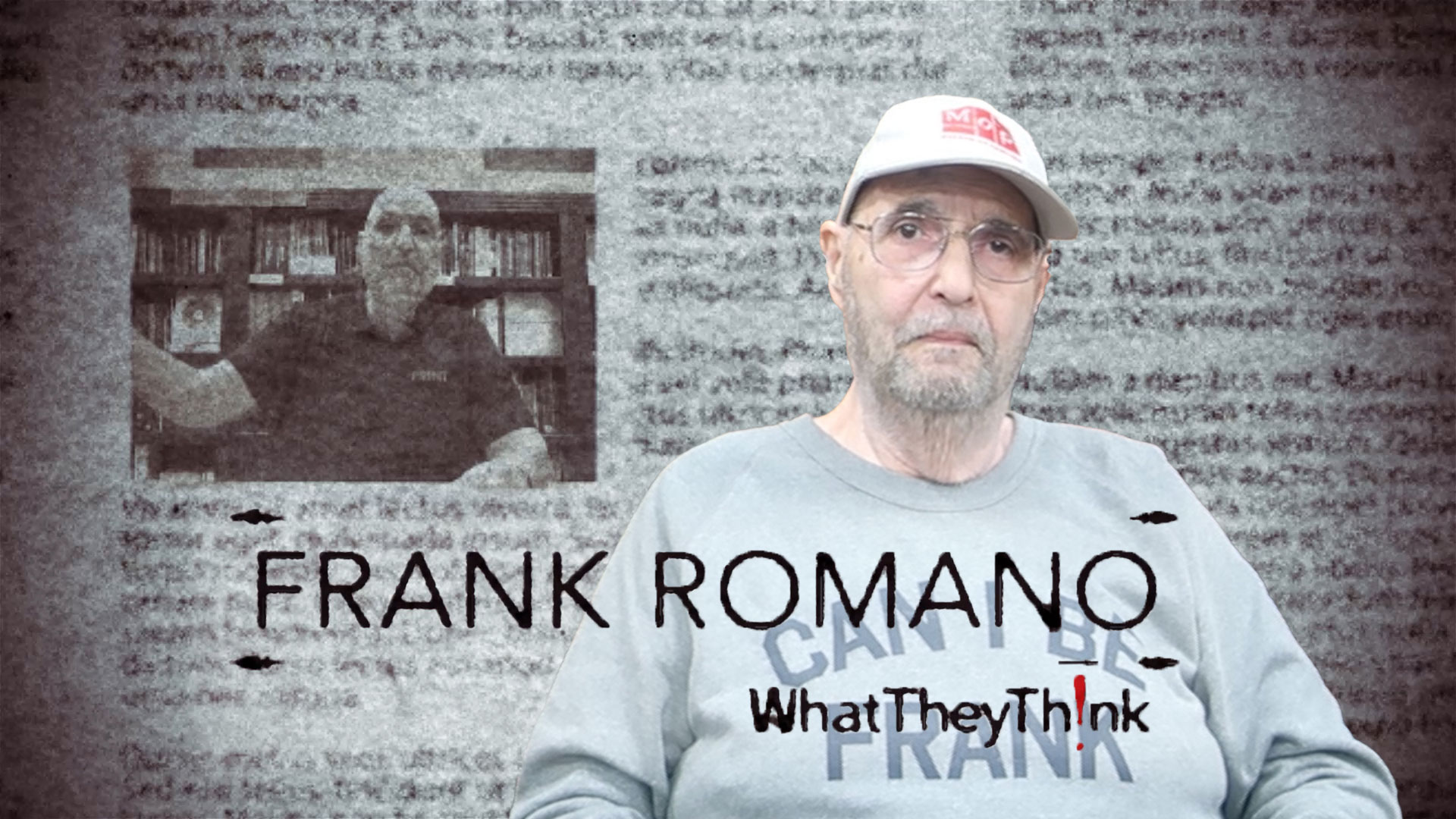
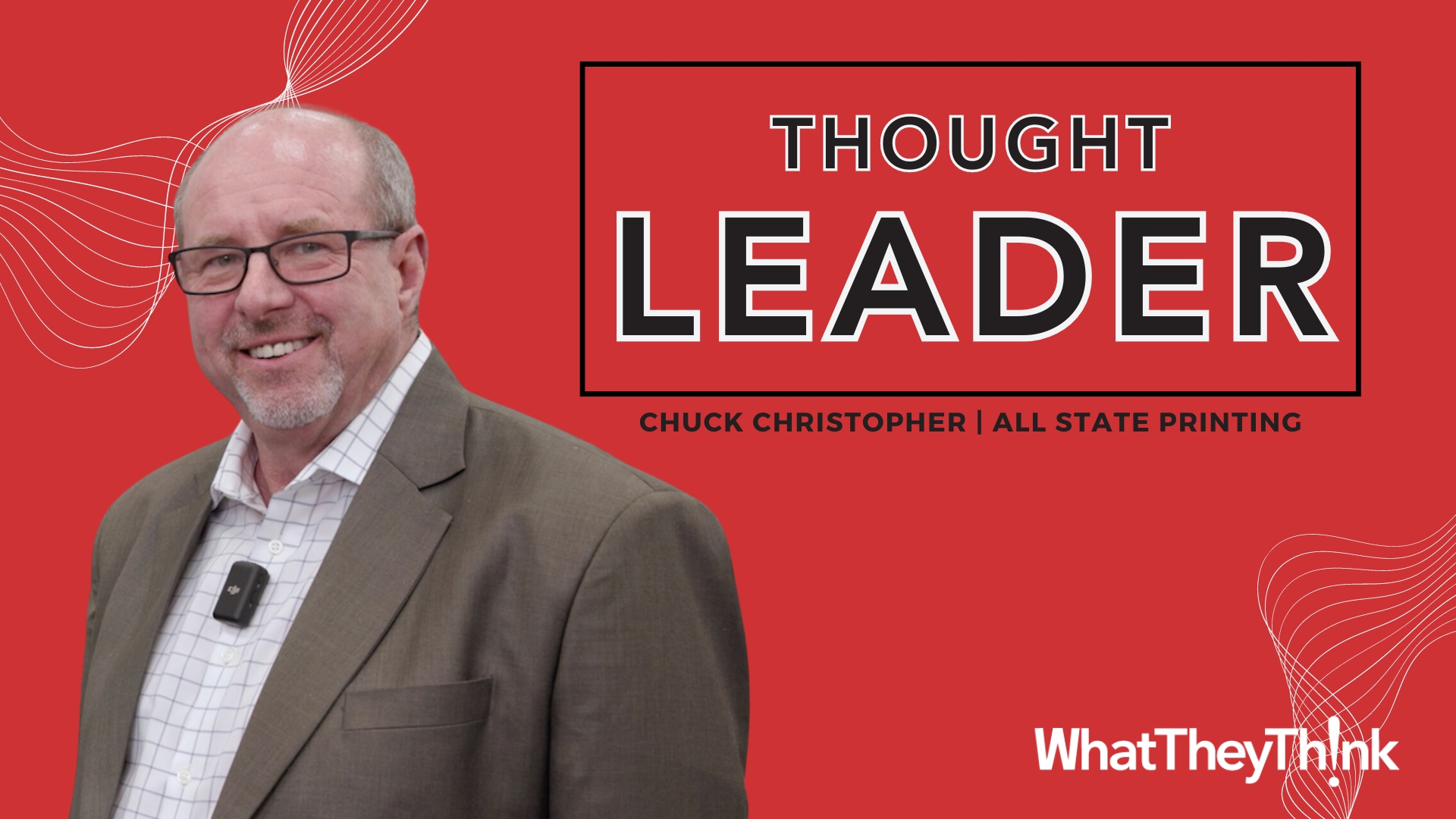
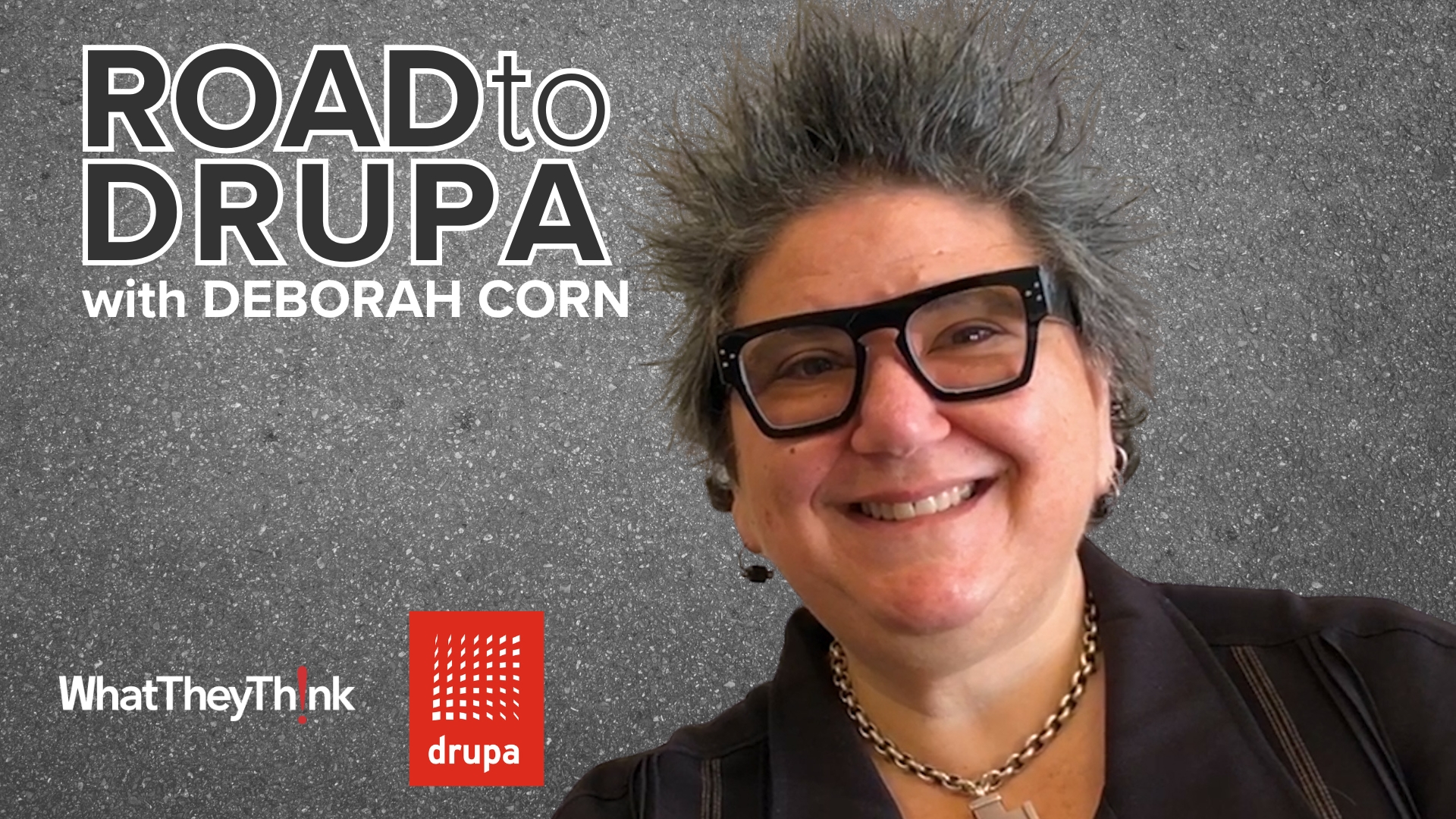
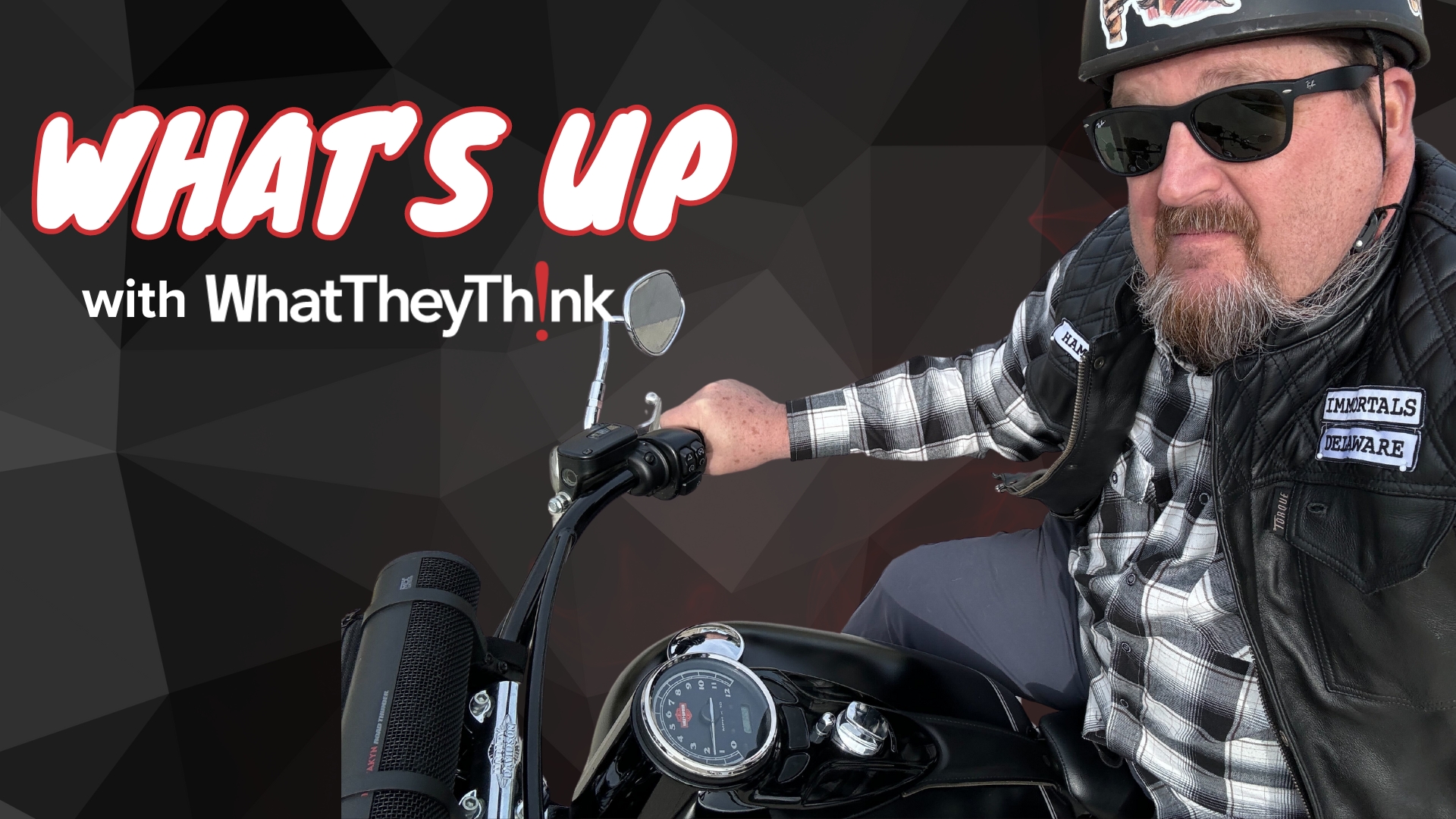
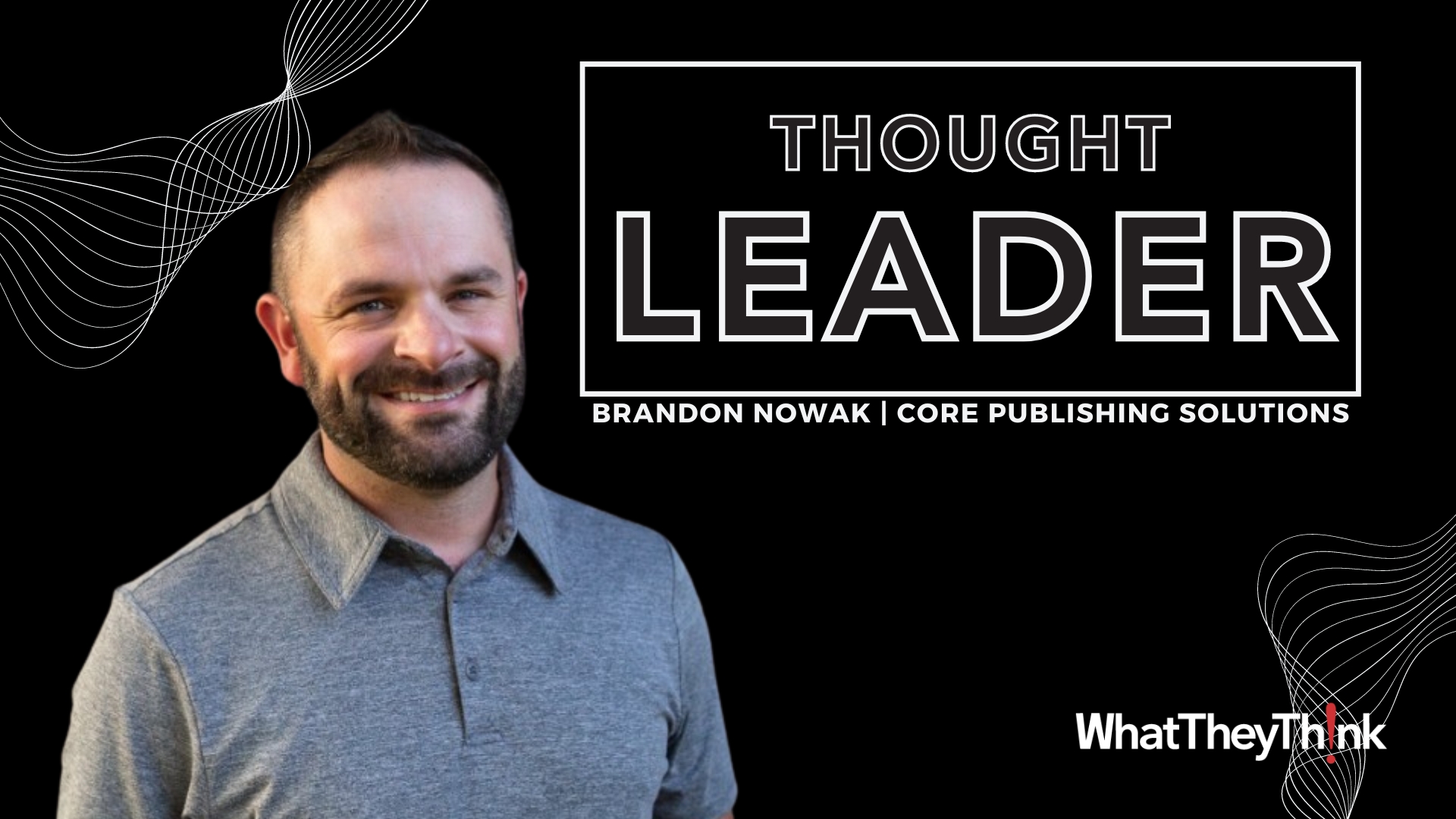
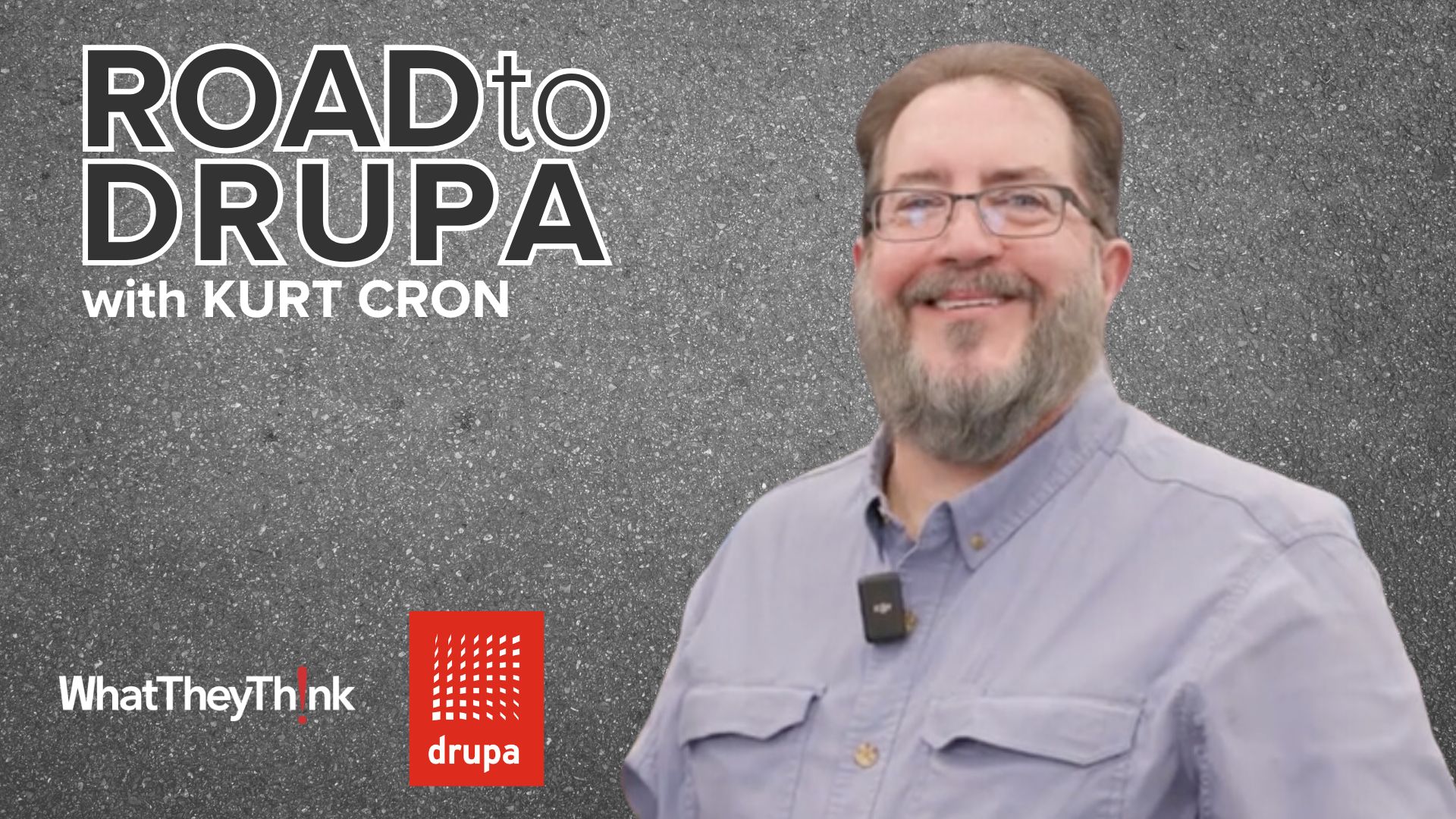


Discussion
Join the discussion Sign In or Become a Member, doing so is simple and free